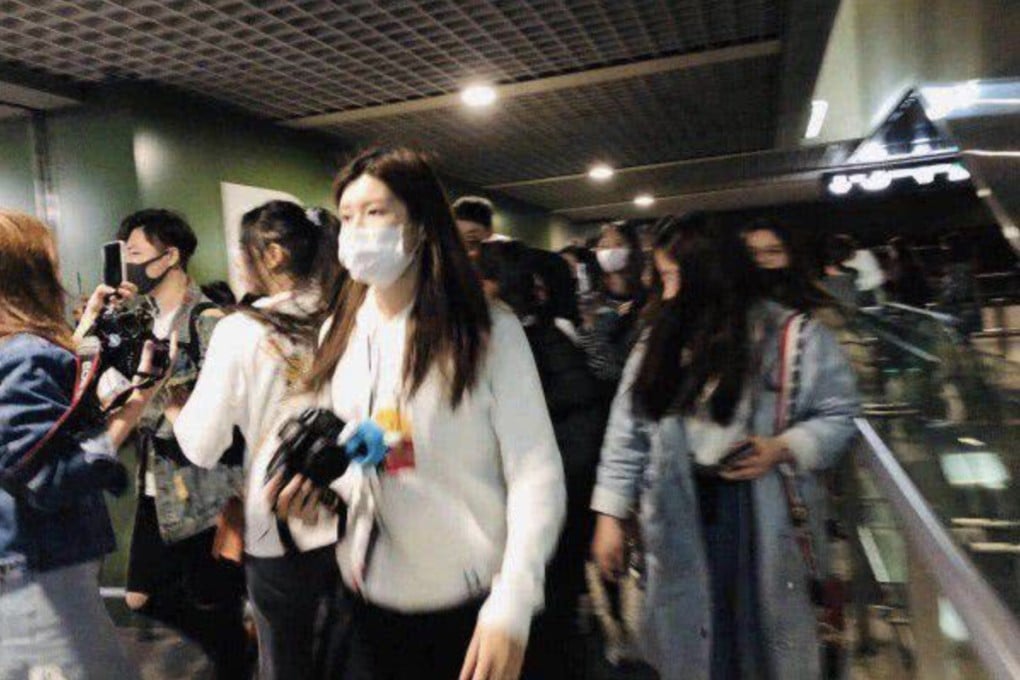Beijing targets ‘chaotic’ online fan clubs to clean up increased doxxing, trolling in China’s cyberspace
- The Cyberspace Administration of China said it will crack down on activities that induce minors to contribute money to their idols and engage in doxxing
- The regulator said it will shut down accounts and disband social media groups that are deemed a ‘bad influence’

China’s internet watchdog is pursuing a two-month campaign to discipline online fan clubs, which often show their support for a celebrity by doxxing and trolling rival groups, in a move to clean up the country’s cyberspace of opinion manipulation.
The CAC said it will crack down on activities that induce minors to contribute money to their idols, hurling abuse online and doxxing, which entails searching for and publishing private information with malicious intent about a particular individual on the internet.
It will also stop activities that encourage fans to flaunt their wealth, manipulate social media comments, make up topics online to hijack public opinion and use bots to increase traffic data related to their idols.
The regulator said it will shut down accounts and disband social media groups that are deemed a “bad influence”, while punishing internet platforms that have “indulged” such chaos and failed to correct their activities after repeated orders to do so.

Known as fan circles or fan quan, these clubs are mainly apolitical. But their methods are similar to those of the online community known as “Red Pink”, Chinese nationalist millennials who voluntarily defend Beijing’s official stance and trash opposing views.